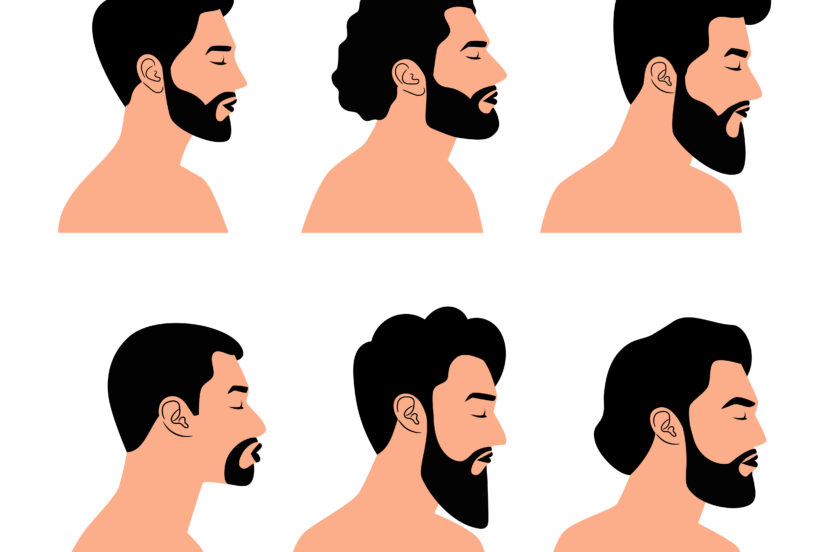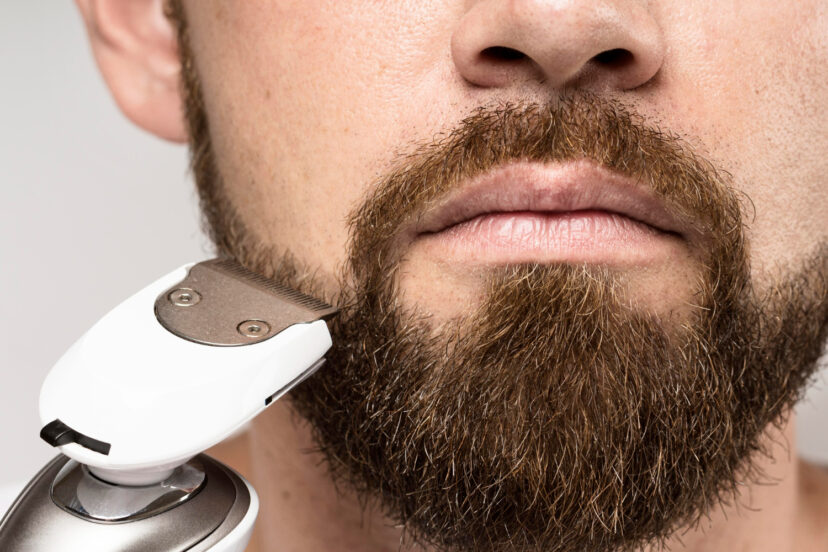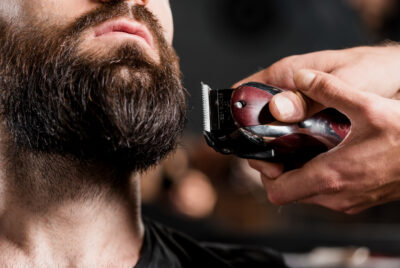Methodical Trimming Techniques
Let’s face it—your beard is more than just facial hair. It’s a statement, a reflection of your personality, and when done right, it can be your best feature. But achieving that perfect look isn’t about randomly running a trimmer through your facial forest. It’s about mastering methodical trimming techniques that transform an ordinary beard into an extraordinary one.
The Art and Science of Beard Maintenance
If you’ve ever stood in front of the mirror, trimmer in hand, wondering why your beard never quite looks like that Instagram model’s perfectly sculpted masterpiece, you’re not alone. The secret lies in understanding that great beards aren’t born—they’re created through careful, methodical trimming techniques that turn each grooming session into a precision operation.
Why Methodical Trimming Techniques Matter More Than You Think
Think of your beard as a bonsai tree. Just as each snip shapes the final form of these miniature masterpieces, every trim you make impacts your beard’s overall appearance. Methodical trimming techniques aren’t just buzzwords—they’re your roadmap to beard perfection. When you approach your grooming routine with structure and purpose, you’re not just cutting hair; you’re sculpting your signature look.

Mastering Methodical Trimming Techniques
1. Preparation: The Foundation of Perfect Trimming

Start with a clean slate. Wash your beard with specialized beard shampoo and thoroughly dry it. Remember, wet hair stretches—trimming it damp can lead to unexpected results once it dries. This preparation phase is crucial for executing proper methodical trimming techniques.
2. The Initial Comb-Through
This step isn’t just about detangling. Use a fine-toothed comb to map out your beard’s natural growth patterns. Pay attention to:
- Direction of hair growth
- Any cowlicks or stubborn patches
- Areas of thickness and sparseness

3. Strategic Shape Planning

Your face shape should guide your beard style.
Here’s how to apply methodical trimming techniques based on your features:
Round Face:
- Keep sides shorter
- Add length at the bottom
- Create vertical lines to elongate
Square Face:
- Maintain fuller cheeks
- Round off sharp angles
- Balance strong jaw features
Oval Face:
- Maintain proportional growth
- Focus on symmetry
- Experiment with various styles
4. The Graduated Approach
This is where methodical trimming techniques really shine. Start conservative and work your way down:
- Begin with a longer guard than you think you need
- Make initial passes to remove bulk
- Gradually decrease guard length
- Assess after each pass
- Stop before you think you should—you can always trim more

5. Sectional Trimming Strategy

Break your beard into manageable zones and tackle each with purpose.
Cheeks and Sideburns:
- Trim downward with steady pressure
- Maintain consistent angle
- Check symmetry frequently
Chin and Jawline:
- Keep slightly longer for definition
- Blend seamlessly with cheeks
- Focus on natural jaw enhancement
Neckline:
- Find your proper neckline height
- Create clean, natural transitions
- Avoid harsh lines unless desired
6. The Art of Neckline Definition
A well-executed neckline elevates your entire look. Follow these methodical trimming techniques:
Place two fingers above your Adam’s apple
Mark your neckline just above your fingers
Create a natural curve following your jaw
Blend edges for a seamless transition
Check from multiple angles

7. Precision Cheek Line Work
The cheek line requires a delicate balance…

Follow your natural growth line
Make minimal adjustments
Avoid overly straight lines
Create symmetry between sides
8. Detail Work and Refinement
This is where your scissors become invaluable:
Trim stray hairs individually
Shape your mustache precisely
Address any asymmetries
Fine-tune overall shape

9. Advanced Blending Techniques
For a truly professional look…

Use multiple guard lengths
Create subtle transitions
Focus on natural flow
Maintain consistent pressure
10. Mustache Mastery
Don’t neglect your upper lip!
Trim to desired length
Shape around mouth
Maintain symmetry
Consider style options

Post-Trim Excellence
Immediate Aftercare

Apply quality beard oil
Distribute evenly with your comb
Style as desired
Check in natural lighting
Maintenance Strategy
Develop a routine that works for you:
Schedule regular trim sessions
Perform daily quick checks
Address issues promptly
Maintain consistent care

Common Pitfalls to Avoid
- Rushing the Process
Take your time—methodical trimming techniques require patience. - Incorrect Guard Length Selection
Start longer than needed and work down gradually. - Neglecting Symmetry
Check both sides frequently during trimming. - Poor Lighting
Ensure adequate lighting from multiple angles. - Inconsistent Maintenance
Regular upkeep prevents major correction needs.
Expert Tips for Long-Term Success
- Document Your Process
Keep track of which methodical trimming techniques work best for you. - Invest in Quality Tools
Good equipment makes a significant difference in results. - Learn Your Growth Patterns
Understanding your beard’s natural tendencies improves results. - Practice Patience
Great beards take time and consistent care.

Frequently Asked Questions
Q: How often should I apply these methodical trimming techniques?
A: Typically every 1-2 weeks, depending on growth rate and style goals.
Q: What’s the best time of day to trim?
A: Morning, with natural lighting and when you’re alert and focused.
Q: How do I maintain consistency between trims?
A: Regular maintenance and following established methodical trimming techniques.
Q: Can these techniques help with patchy growth?
A: Yes, proper trimming can minimize the appearance of patches.
Q: How do I know when to stop trimming?
A: Stop while your beard is slightly longer than desired—you can always trim more.
Final Thoughts
Mastering methodical trimming techniques isn’t just about maintaining facial hair—it’s about crafting your signature look with precision and purpose. Remember, every great beard is a work in progress, and with these techniques in your grooming arsenal, you’re well-equipped to achieve and maintain your ideal look.
Whether you’re new to the beard game or a seasoned veteran, these methodical trimming techniques will elevate your grooming routine from basic maintenance to an art form. Take your time, trust the process, and watch as your beard transforms into the masterpiece it was meant to be.




